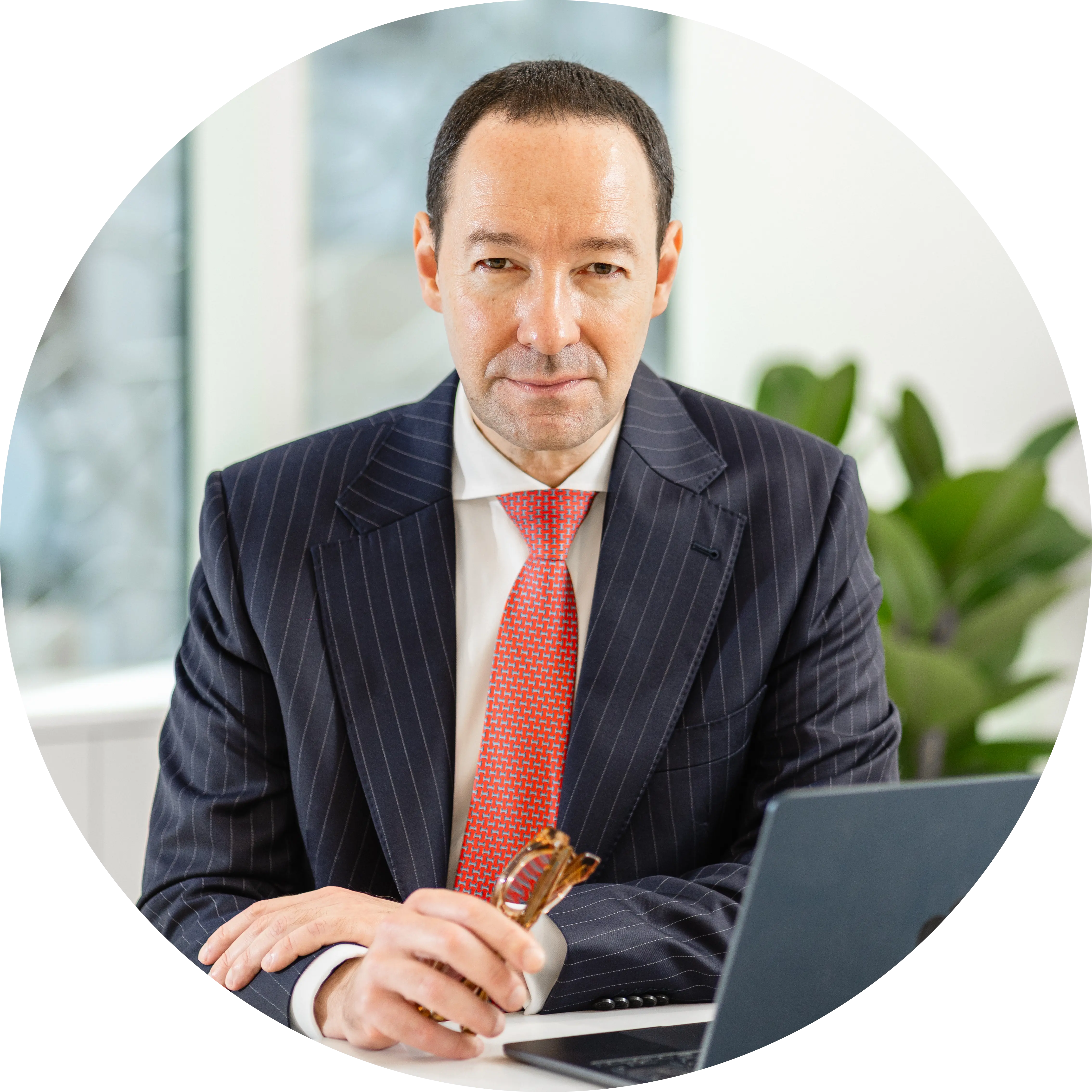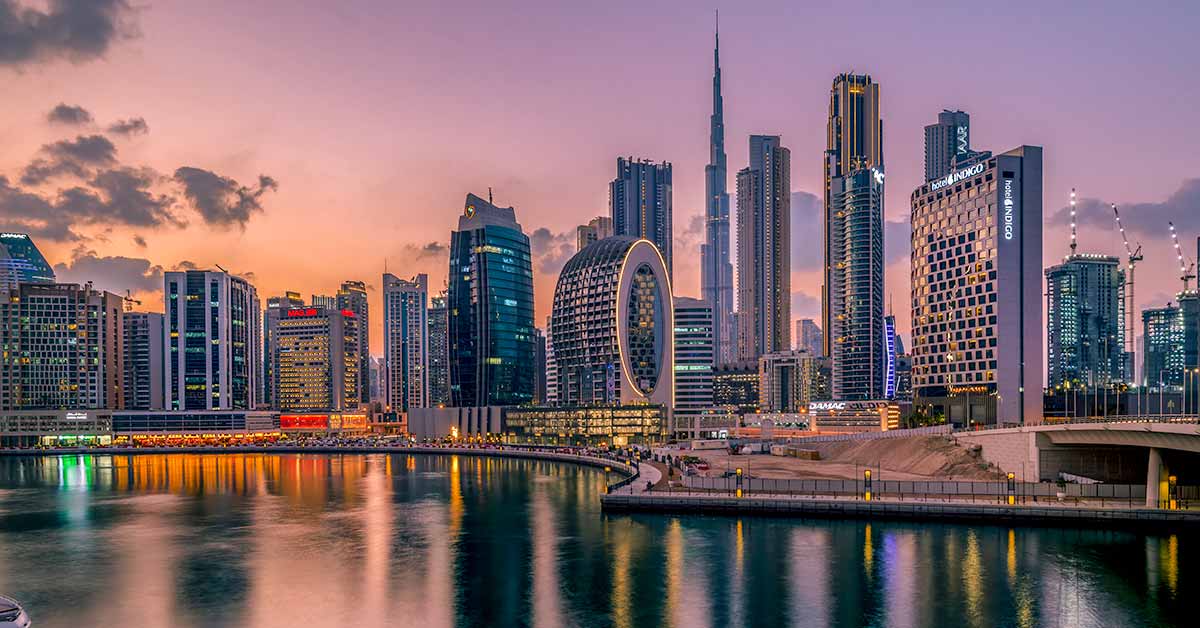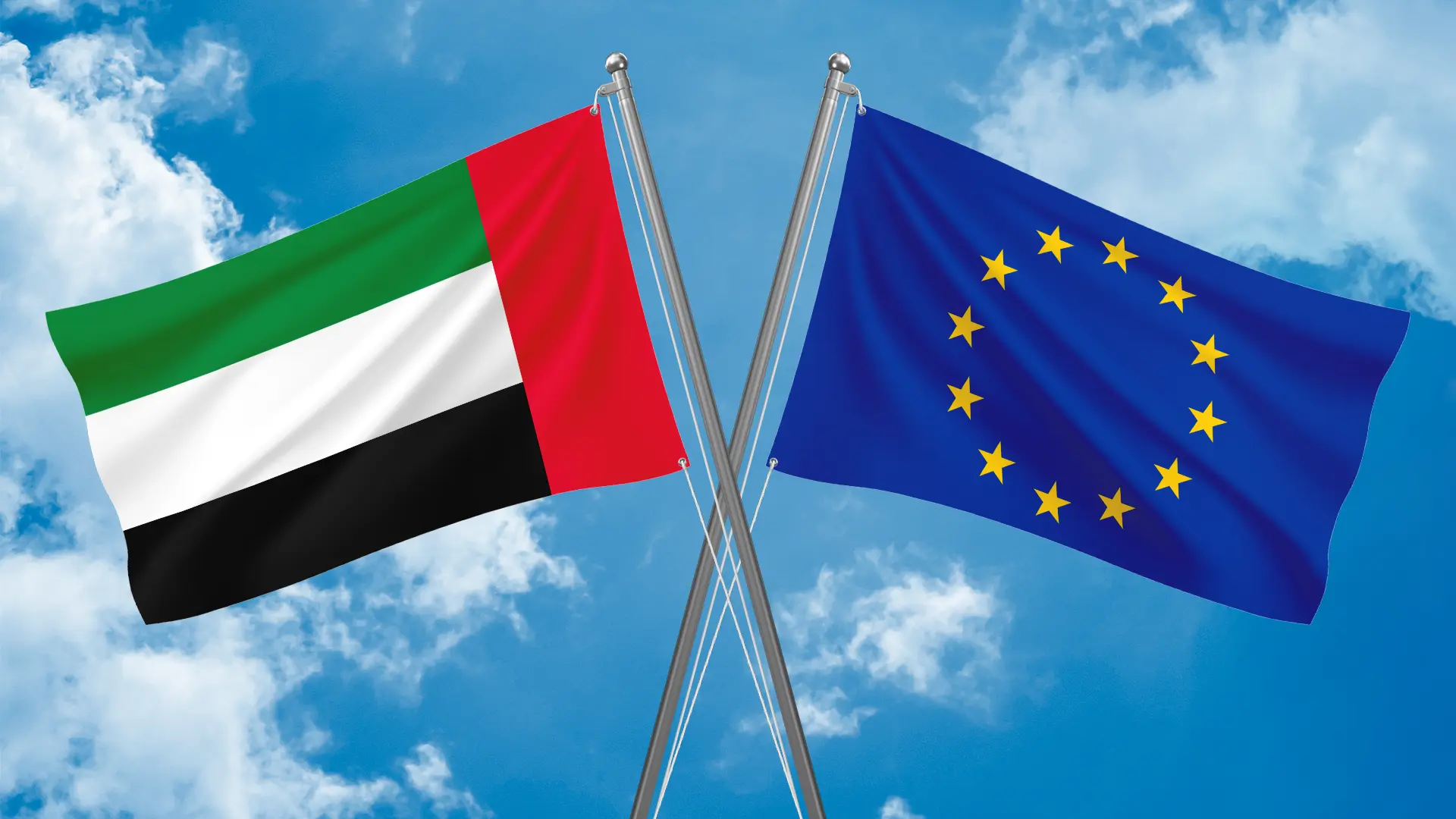In Dubai, Fuel Meets the Future: UAE’s Emarat Launches Crypto Payments at Gas Stations
In a unexpected move that highlights the United Arab Emirates’ commitment to digital innovation, Emarat, the nation’s state-owned fuel retailer, has inked a deal with Crypto.com to become the first fuel retailer in the Middle East and North Africa to accept cryptocurrency payments at its service stations. This initiative marks the first of its kind in the Middle East and North Africa (MENA) region, aligning with the UAE’s vision to become a global leader in digital finance and smart infrastructure.


Bridging Traditional Energy and Digital Currency
You heard it right! Emarat’s collaboration with Crypto.com will initially enable cryptocurrency payments wherein customers will soon have the option to pay for fuel and other services using popular cryptocurrencies, including Bitcoin, directly at the pump. The announcement, resonating loudly in financial and tech circles comes at a time when the UAE is intensifying its vision to become a global capital for digital assets and blockchain-based commerce.
Project Landmark: A Symbol of Innovation
A centerpiece of this partnership is “Project Landmark,” which introduces the world’s first naming rights program for fuel stations following Dubai’s RTA initiative in 2009 when several major brands bought the naming rights for the metro stations.
Aligning with the UAE’s Vision for a Digital Future
To outsiders, it may seem like a quirky headline. But for those watching closely, it aligns precisely with the UAE’s broader ambitions. The UAE has been proactive in establishing itself as a hub for digital innovation. With regulatory frameworks like the Virtual Assets Regulatory Authority (VARA) in mainland Dubai and clear licensing structures in Abu Dhabi’s ADGM, the country is cultivating an environment conducive to the growth of digital finance. This partnership between Emarat and Crypto.com is a testament to the nation’s dedication to embracing technological advancements and integrating them into its economic fabric.
Looking Ahead
As the UAE keeps expanding its economy and building up its digital infrastructure, partnerships like the one between Emarat and Crypto.com are expected to become more common. These efforts not only make things easier for customers but also put the country in a leading position in the global move toward digital currencies and smart technology.
This move isn’t just about letting people pay for gas with crypto, it’s a strategic message, it’s loud and it’s crystal clear. By embracing digital currencies in everyday transactions, the UAE is signaling to the world that it’s not waiting around for permission or global consensus. It’s moving ahead with its own vision of the future, one that’s fast, flexible, and fundamentally digital.
To investors, it says: here’s a place that doesn’t just tolerate innovation, it courts it. To tech entrepreneurs, it’s an invitation: build here, scale here, and you’ll find a government ready to support you, not slow you down. And to the global financial system, it’s a challenge: adapt or be left behind.
While other countries debate regulatory frameworks and fear disruption, the UAE is betting big on transformation. It’s not about chasing trends, it’s about rewriting the rules. Every crypto transaction at the pump is more than a payment; it’s proof of concept for a larger vision. One where digital assets, smart infrastructure, and forward thinking policy come together to redefine how an economy runs.
The UAE’s Next Leap: Turning Crypto into Everyday Currency
Critics of crypto’s volatility may scoff at the idea of paying for fuel with digital coins. But in a region flush with liquidity, youthful consumers, and a government that sees innovation not as a threat but a mandate, the move seems more inevitable than eccentric.
What’s next? Emarat has hinted at expanding the service nationwide. And insiders believe other state-owned enterprises are watching closely, from telecoms to airlines. If the UAE succeeds in normalizing crypto transactions at the pump, one could easily imagine an Etihad ticket, or an Etisalat phone plan purchased the same way.
For now, it remains a symbol, albeit a powerful one. A driver pulls into a Dubai gas station, taps a screen, and pays for fuel not with cash or card, but with code. In a region that once pioneered oil exports, the new commodity may well be digital.
Contact us for a free consultation
Get expert advice and tailored solutions from industry leaders.



